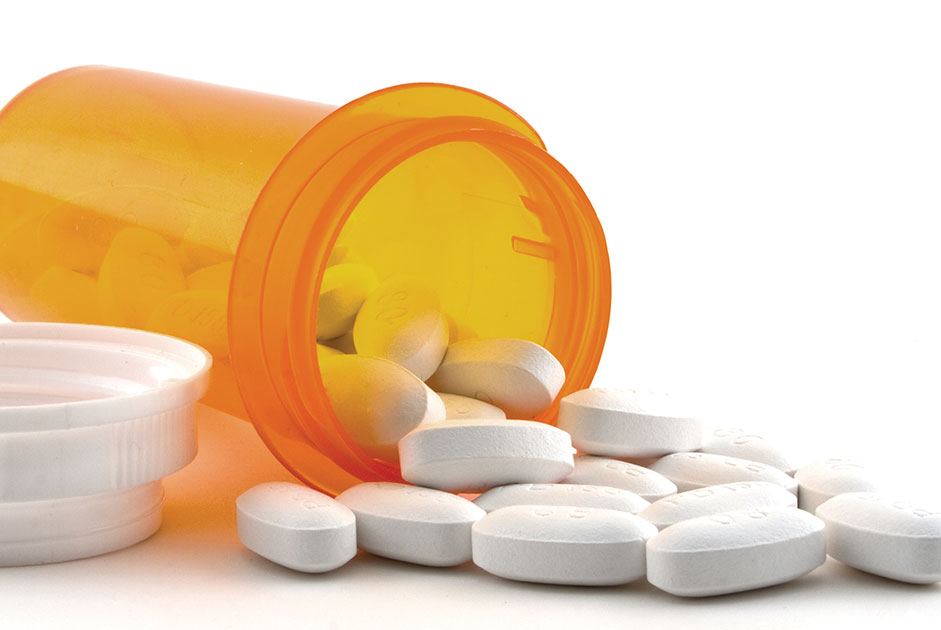BY LISA S.T. DOSS
Households across America watched the brilliant Dr. Gregory House of the acclaimed television series, “House” painfully display his addiction to the drug Vicodin. Not so publicly is the untold knowledge of family members and friends who needed a prescription and never stopped. And, perhaps, you hold a secret, too.
Understanding Addiction
In 2011, my husband deployed to Kuwait with the 263rd National Guard unit, while I remained behind to care for our 14-month-old daughter. Stress and anxiety led to a prescribed sleep pill, after trying Ambien and Melatonin. It didn’t take long to realize taking medication was as natural as the routine of brushing my teeth. I felt a compelling pull after time equating swallowing the pill to receive the gift of quality sleep. Reflecting upon the brain’s prompting to need the pill also led to a decision to stop. After four months, I contacted the pharmacy to ask, “How do I get off the prescription?” A pregnant pause led to a genuine reply, “That’s a rare question!”
Immediately, I complied by cutting the dose in half. The mind then played a tug-of-war of forced compliance while the will struggled. After two months, my body used its own chemicals to lull me to sleep.
Truth About Addiction
For those who never experienced an addiction from medication, it certainly isn’t as easy as using willpower or stopping. No one intentionally chooses to rely on a drug, nor is it an individual’s fault. There are often contributing factors, such as genetics, upbringing and trauma.
Fact: Chemicals in medications lead to substantial changes in the brain. It erodes a person’s ability for self-control and making the right decisions. In the same circuits of survival, the driving force connects to the same chemicals, which signal impulse.
Fact: A medication or substance does not define an addition. As the brain emphasizes a need, it seeks an experience. Too often, individuals will take risks and try unknown drugs; perhaps belonging to someone else, or mix medications to find pleasure. As dependency escalates, experimentation begins.
Fact: The Federal Drug Administration (FDA) certifies a drug based on its ability to treat a condition while providing dosage guidelines. It does not control which drugs are addictive. Prescriptions offered to patients, likewise provide a count and dosage lasting a duration of time. It is up to patients to inquire about the timeline, and stop after the final dosage!
Fact: Therapy and treatment programs coupled with exercise and medications, can reverse the brain’s behaviors.
Fact: Opioid painkillers prescribed to manage pain after an accident or surgery are intended for short-term use.
Talk to Your Doctor
Doctor visits emphasize ongoing symptoms and questions concerning allergic reactions to medications. It’s up to you to take ownership at an appointment and inquire about the name and effect of a medication well before arriving to the pharmacy for pick-up.
Prednisone, an anti-inflammatory steroid, for instance, has substantial repercussions if remained in the bloodstream for longer than 14 days. The reaction may be fatigue, nausea and abdominal cramping pain if not weaned off. A similar side-effect occurs with opioid pain medications, such as codeine, morphine and hydrocodone.
Tip: Research the name of the drug, its side-effects and possibility of addiction. Ask questions of your pharmacist. While you can refuse a prescription, he or she can provide a suitable alternative.
How to Help
Out of habit, remaining pills from a prescription enter a bathroom drawer or closet and are left forgotten. We often think our Z-pack or antibiotic will help someone else who needs it. The best solution is to discard leftover pills after treatment. Despite another person having your symptoms, age, medication, allergic-reactions and other factors designate each individual’s prescription. By disposing of medications, you can ensure it does not reach the hands of a beloved pet, child or visiting house guest.
A Mindset of Change
We all reach a point in our lives when a medical doctor asks us to surrender to make the pain easier to bear. Chemicals can help the mind and body function through difficult challenges; yet, it’s a personal decision to wean your body’s dependency from a drug. Yes, you can!





















